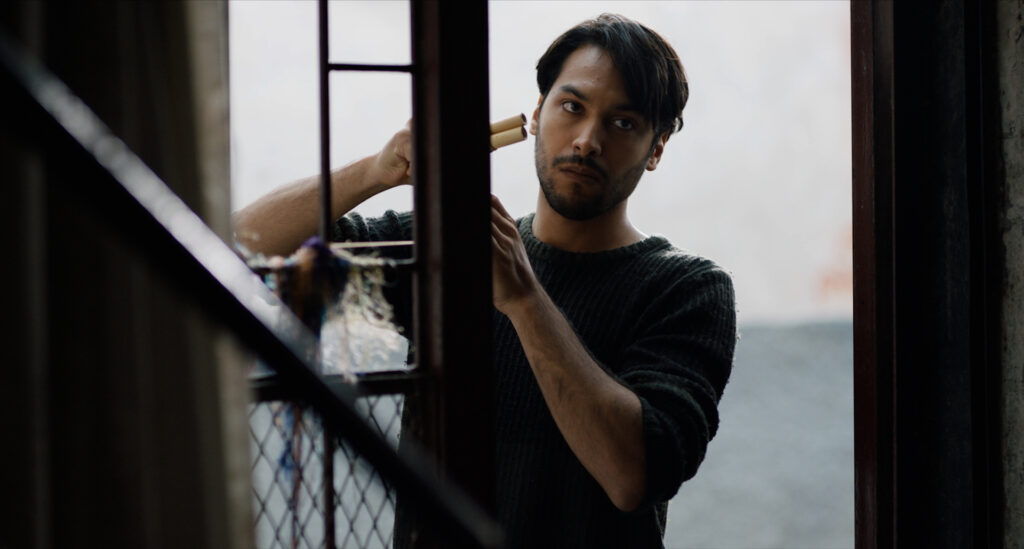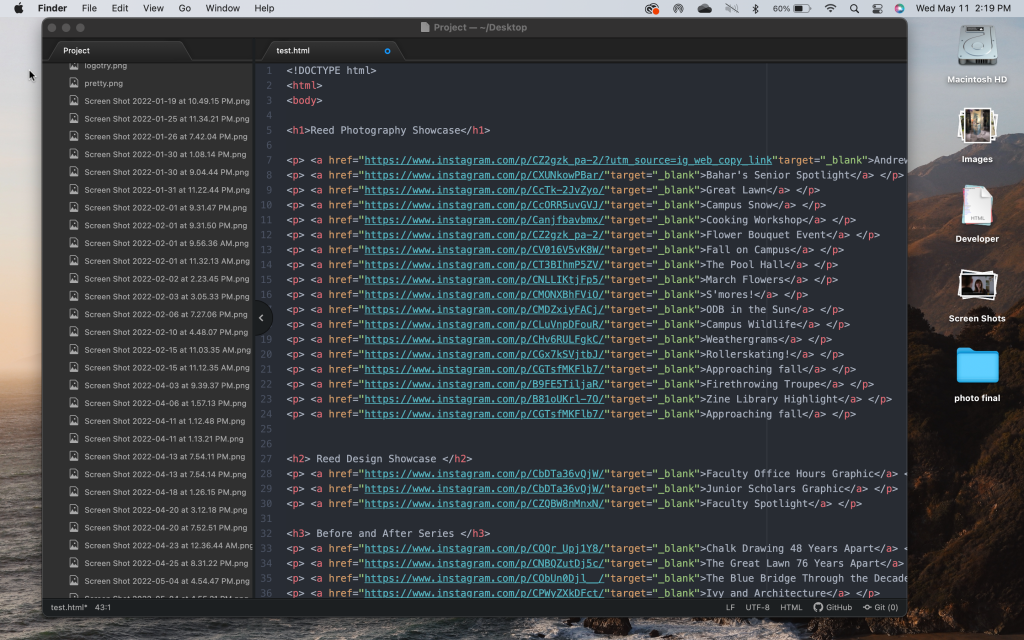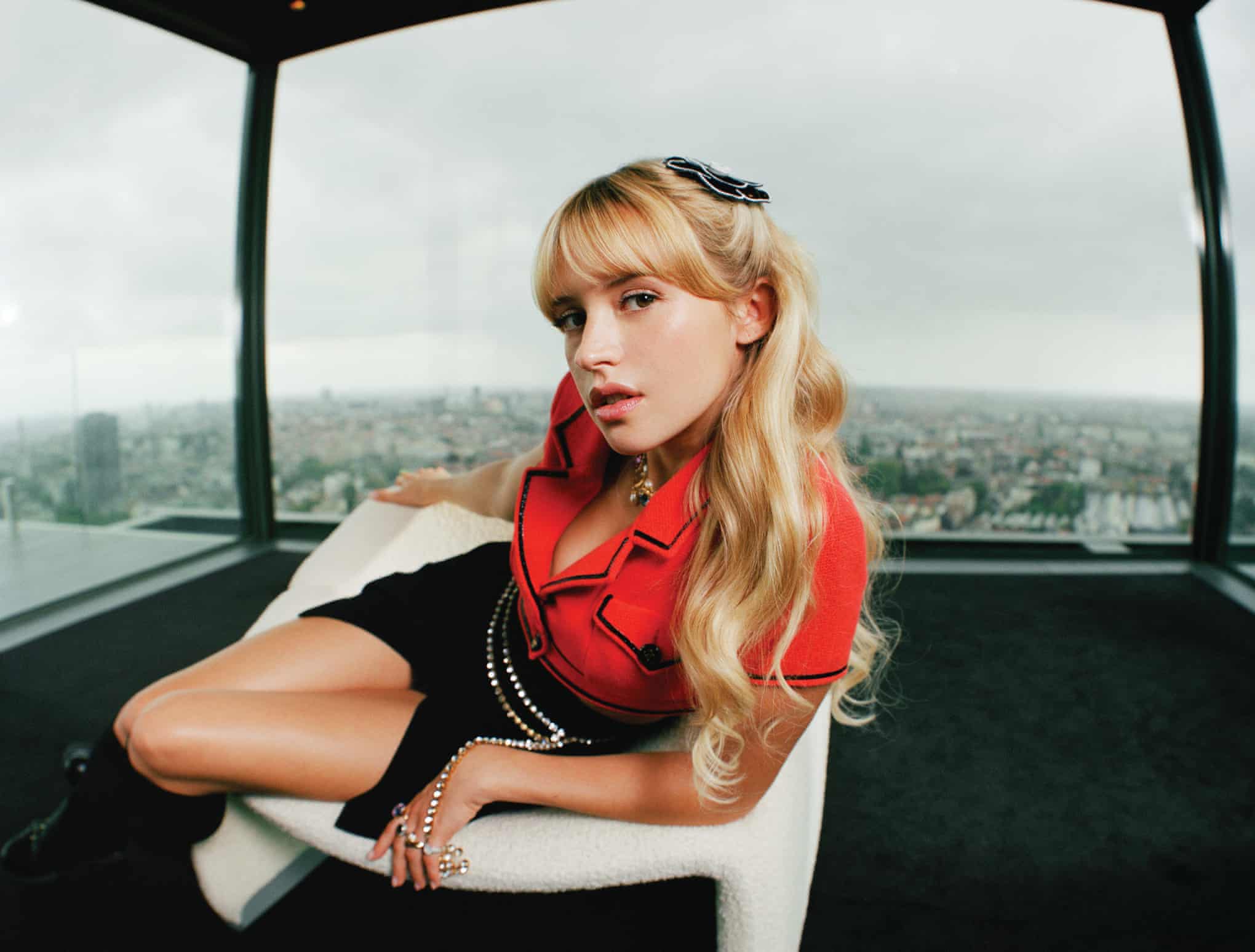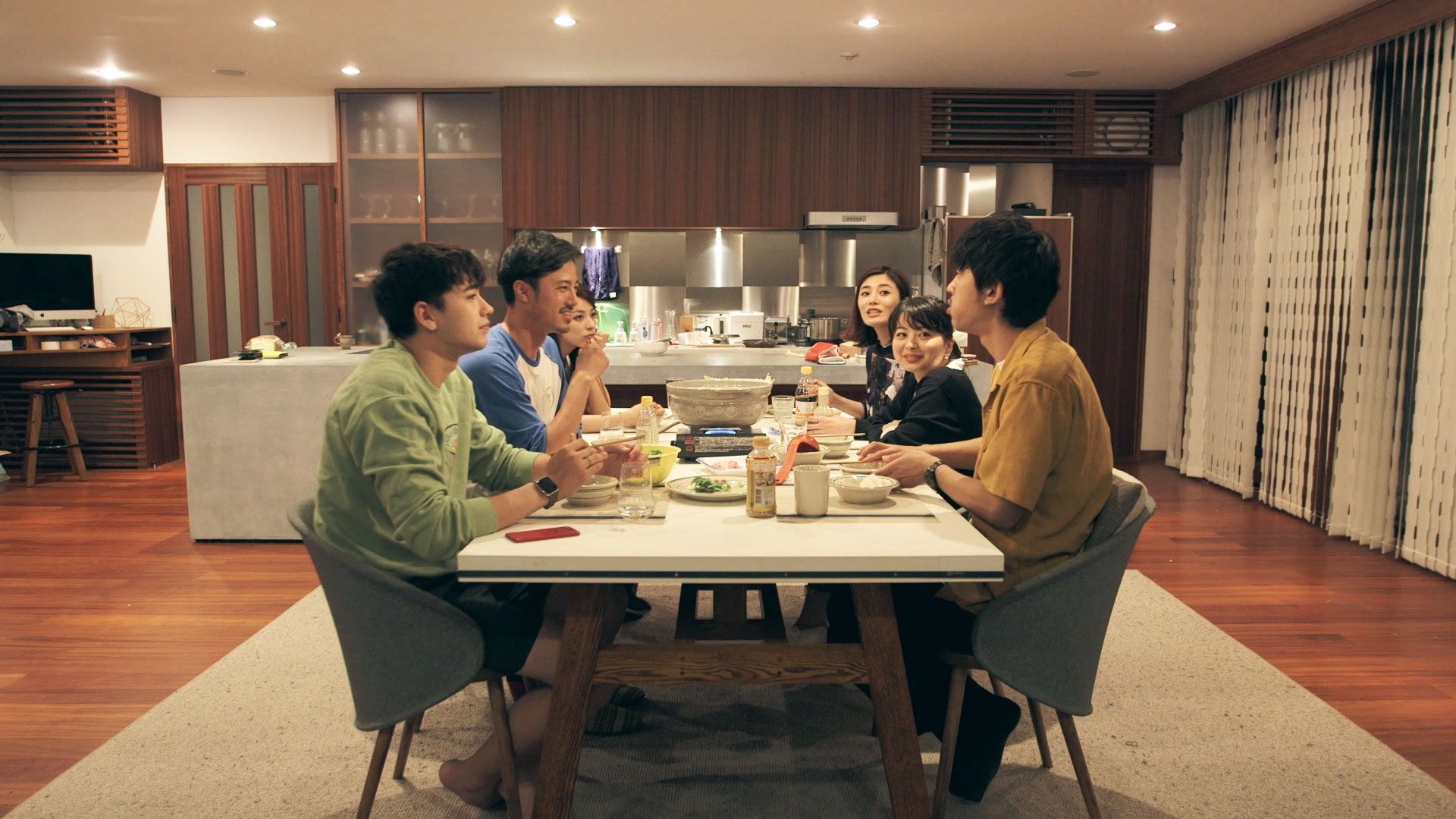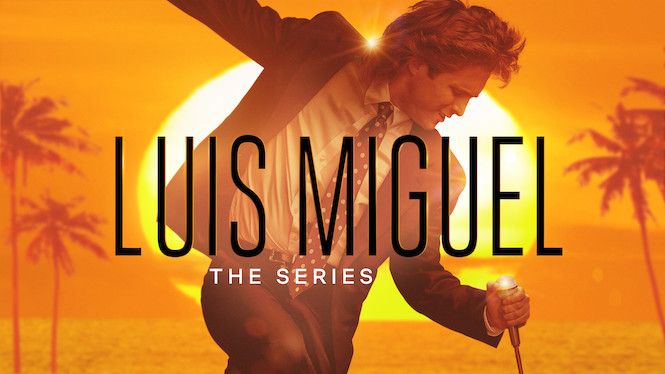Growing up, my parents would always play music on long roadtrips. It’s been almost a decade, but we still have the many of the same CDs, and the CD player in the car works just the same. The CD I have the most vivid memories of was the one with a strange medley of miscellaneous songs and artists: Michael Jackson, Jay Chou, Spice Girls, some opera, unknown voices, and 99 piano pieces. One artist that especially caught my ear was a Taiwanese singer-songwriter named Qi Qin (齊秦). Apparently, my parents had listened to his songs in their youth in the 80s, and can still sing along to some of the lyrics.
Songs and music that can be enjoyed by different generations at a different point in time are always special— I was surprised by how much I enjoyed listening to Qi Qin’s songs. His songs have a timeless quality, and I think, are perfect for karaoke. Here are a few of my favorites from the CD:
Continue reading “Throwback: Mandopop Song Recs”
